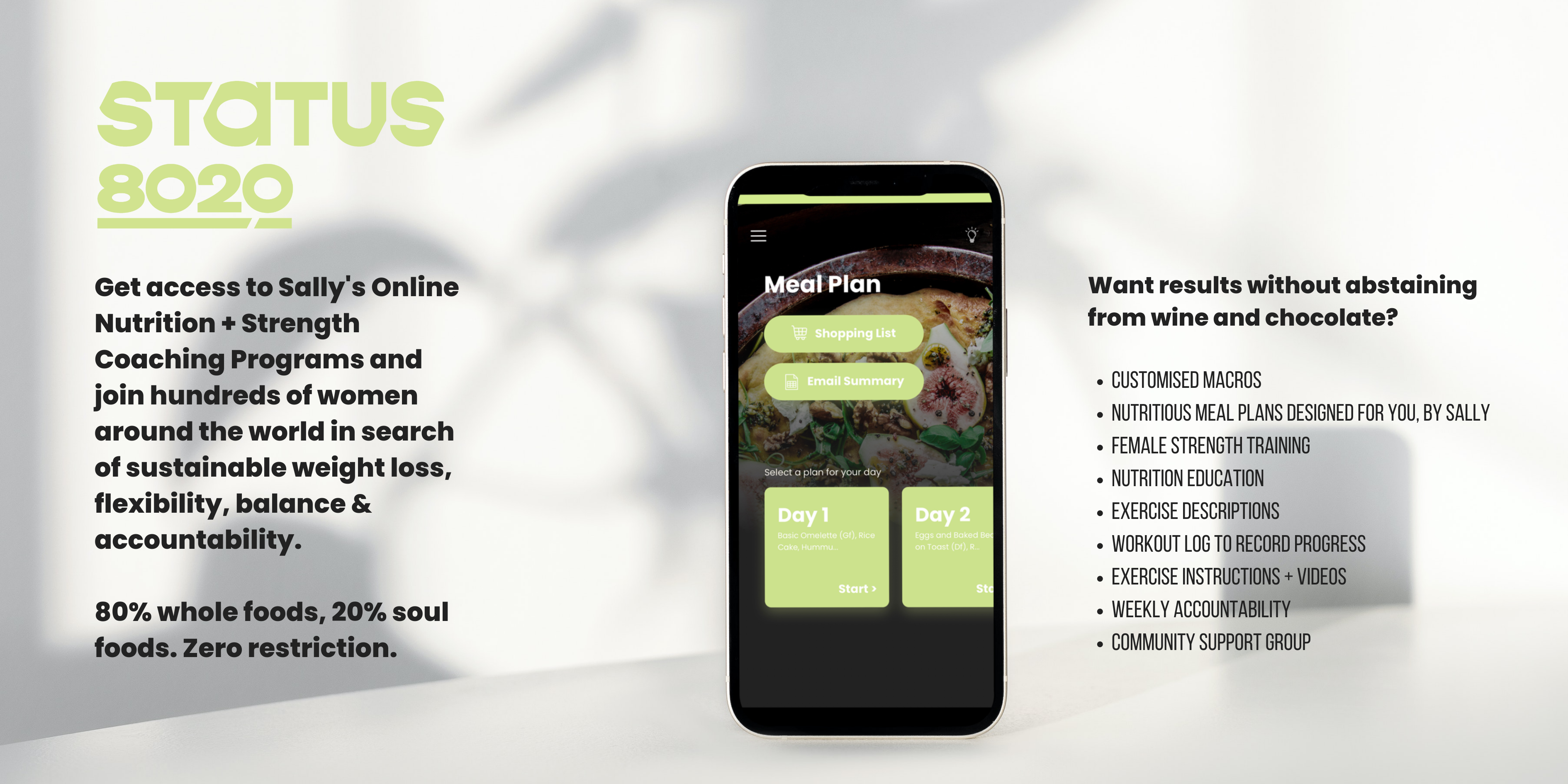There is no better time to kick start new habits and make healthier choices than the beginning of the new year right? At Fit Foodie HQ I'm getting a head-start, and there will be lots of health hacks coming to you in the lead-up to the new year.
We care about having abs and being able to do great yoga poses, but how many of us actually consider heart health? It's kind of an important one, but something I know I forget about on the daily. Here's some ace tips from Dr Joanna McMillan to keep you heart healthy in 2017.
Cholesterol is a type of fat and it’s essential to the functioning of the body and your diet has a major effect on your levels. When there is an increase in unnecessary cholesterol, this is when cholesterol becomes an issues and puts you at risk of heart disease. Here's three simple tricks to look after your cholesterol levels:
1. Eating more fat
Avoid trans fats – they are the worst kind. Trans fats are ones that are produced during food processing and when cooking oils are used repeatedly at high temperatures. Opt for lean meats, choosing grass-fed and free range where possible, choose poultry and seafood more often, and happily enjoy eggs, avocados, milk, yoghurt and cheese in moderation.
2. Get 3g of Beta-Glucan Daily
Beta-glucan, found in oats and barley is a soluble fibre that is most effective for cholesterol management. 3g of beta-glucan has been shown to significantly reduce total cholesterol making it an attractive, natural way to manage your cholesterol levels. Since you’d need to eat a lot of oats or barley to get 3g, I recommend taking it as a supplement drink. This is where BetaHeart makes things easy. All you need do is enjoy one serving a day mixed with water, milk or in a smoothie to give you your 3g of beta-glucan. It has nothing artificial added, no added sugar and it has a low GI, so can even help with blood glucose control and gut health at the same time.
3. Eat more carbs
Rather than blaming all carbs for all our ills, we need to recognise that there is a big difference between the smart carbs – those that have much nutrition to offer – and highly refined carbs which don’t. Refined carbs are those based on white flour (including gluten free white flours like rice flour) and/or those with lots of added sugar. So we’re talking here about fluffy white bread, white rice, pastries, cakes, doughnuts, croissants, lollies and other confectionary and soft drinks. Foods with a high content of refined carbs are detrimental to heart health as they have a negative effect on your blood cholesterol profile. In nature the carbs in food are almost always accompanied by fibre and this is protective in the body. Smart carbs include wholegrains, legumes (beans and lentils), starchy veggies in their skins like sweet potato and small regular potatoes and whole fruit.


